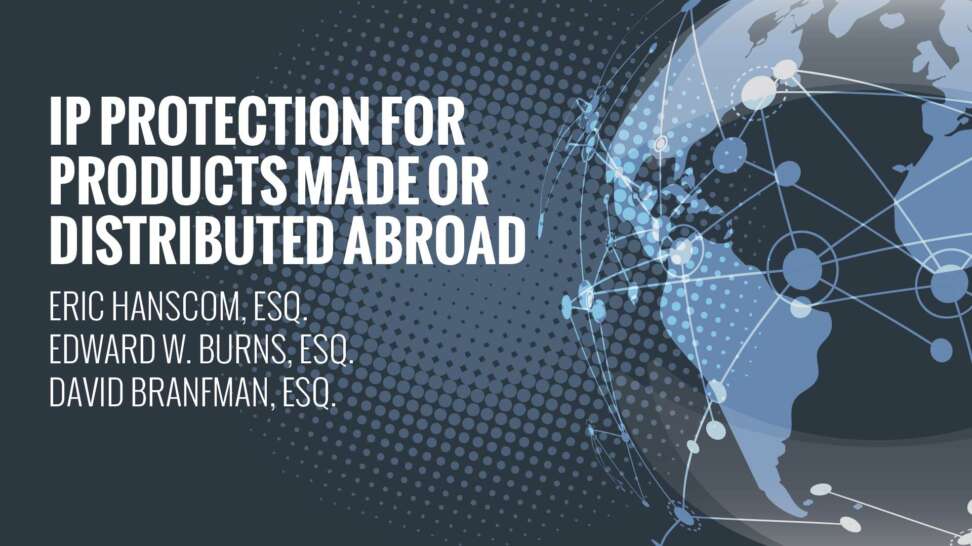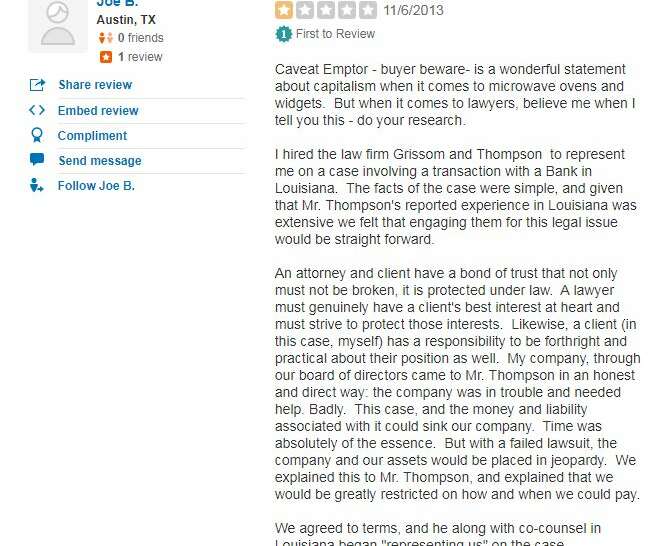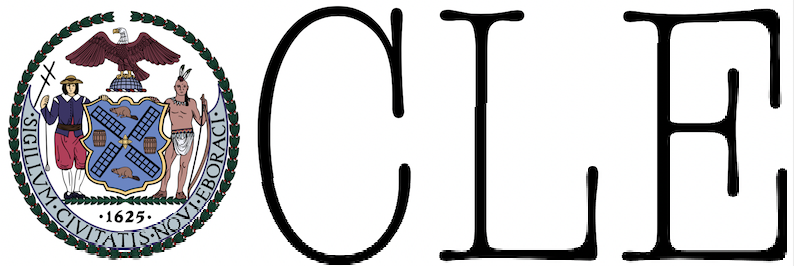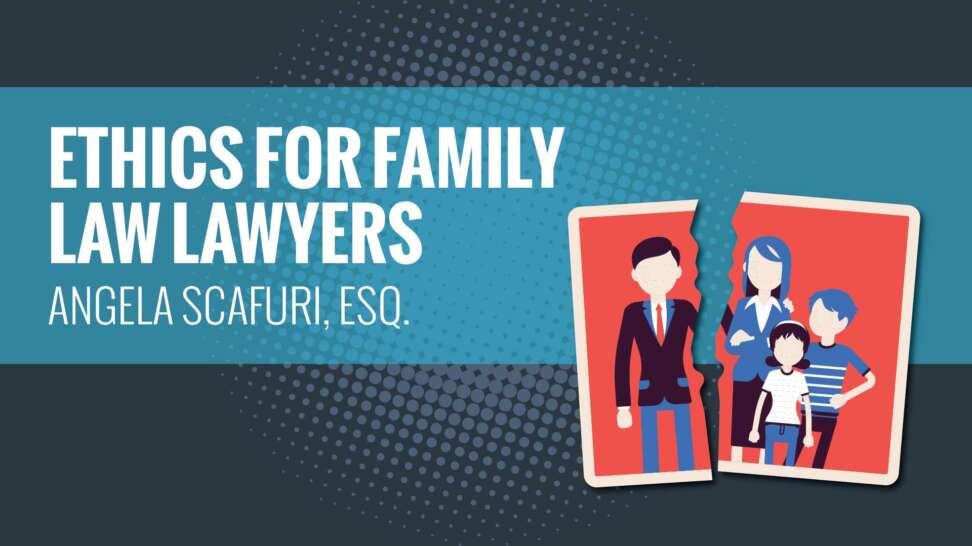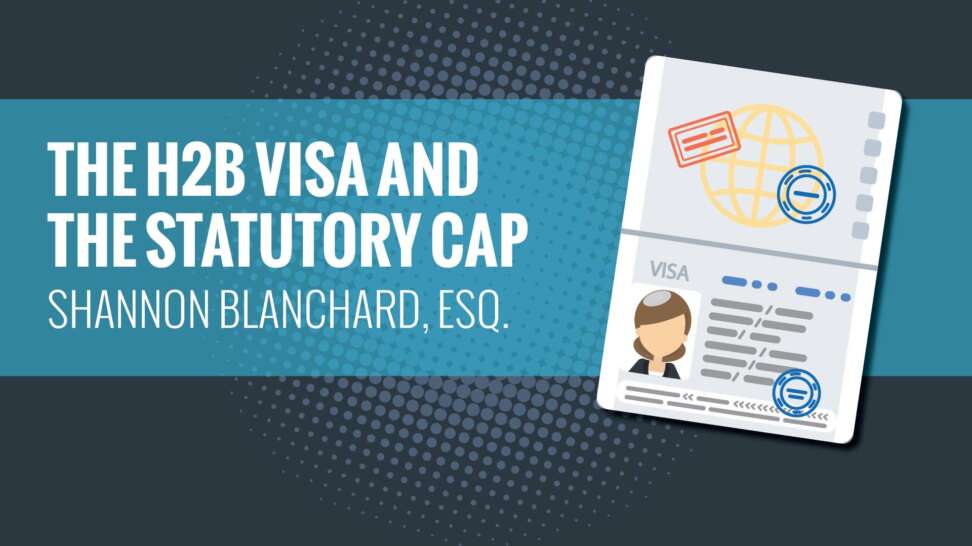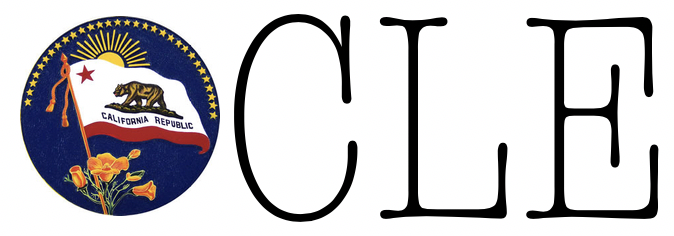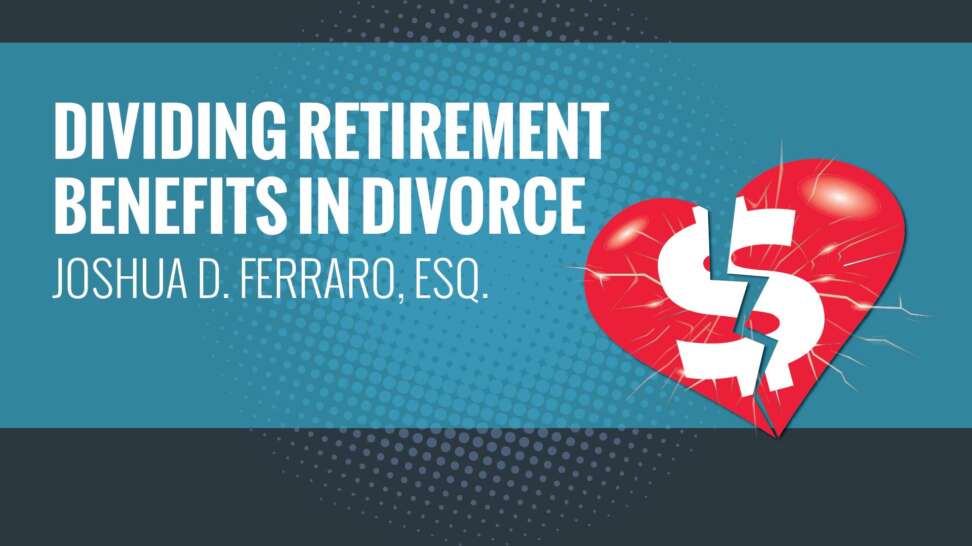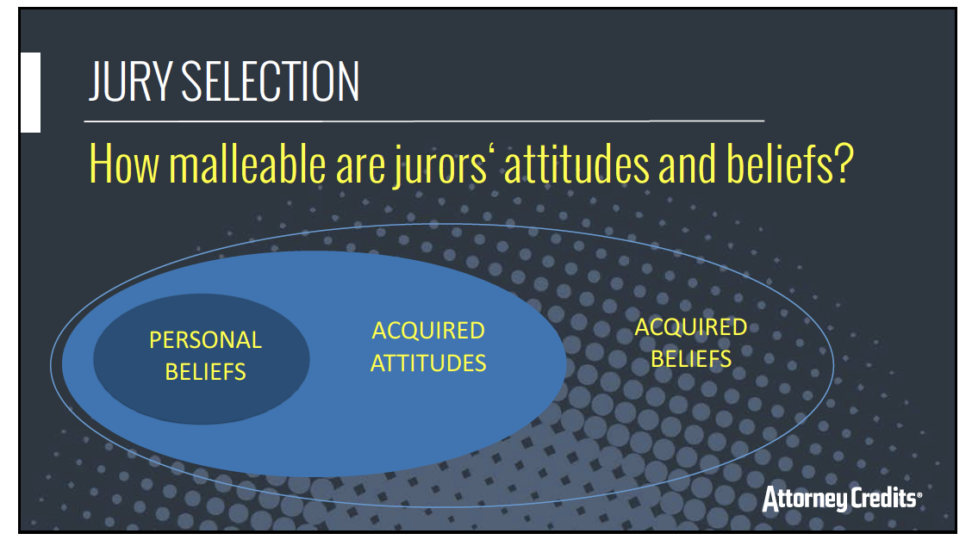Everything from iPhones to flashy new rims for your car are manufactured by American companies overseas then distributed domestically and abroad. In this round table discussion, you will learn how to best protect your business client’s products that are distributed and manufactured in China and abroad.
